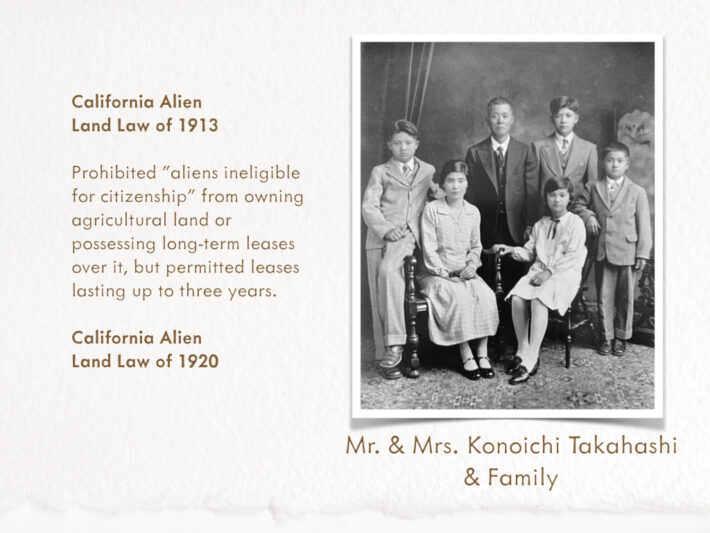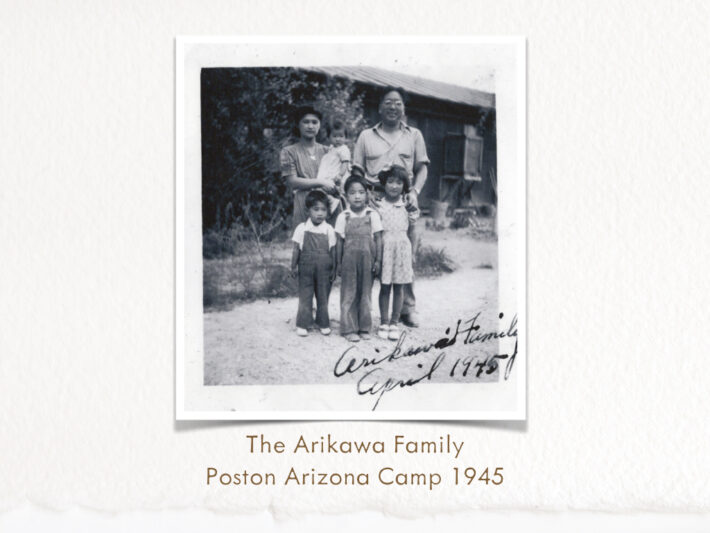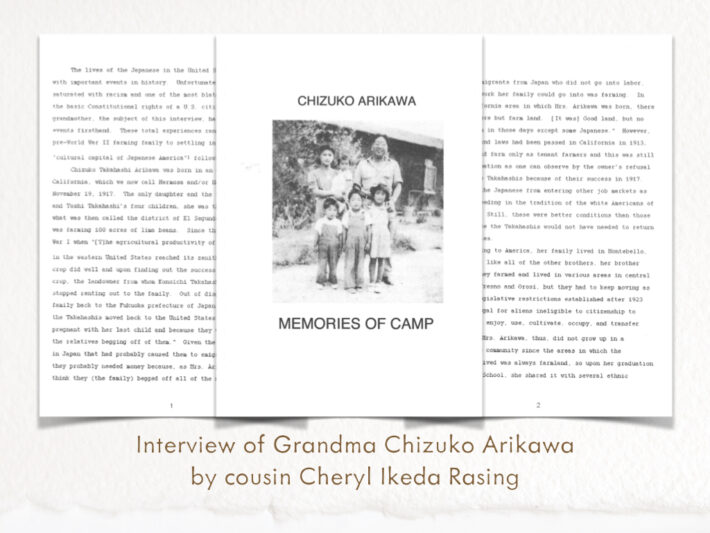Blog
A Place for Harvest : A Shared History

Although I did not grow up in Spearfish, Kenny’s family and my family share a past.

In A Place for Harvest, author Lauren R. Harris describes Mr. Higashi looking out at the South Dakota landscape and seeing “a place for a harvest of happiness.”

I’m reminded of my great-grandparents Konoichi and Toshi Takahashi, seeing the same promise of opportunity in Southern California’s farmlands. With hard work they were able to prosper as tenant farmers especially in lima bean production.

My grandmother Chizuko was born in 1917. She had two older brothers, Teruo and Shigeru and a younger brother, Toshio.

Over the years, my great-grandfather Konoichi grew increasingly frustrated with the conditions of farming due to the restrictive laws such as the California Alien Land Law of 1913, prohibiting land ownership of non-citizens. Every few years when his lease would expire, the landowners would take over the farm. He decided to move the family back to Japan, only to return and continue to face discriminatory laws in Central California.

Despite the many obstacles, the Takahashi family continued to farm and eventually, my grandmother married my grandfather Minoru Arikawa in 1936.

After the attack on Pearl Harbor and the signing of Executive Order 9066 by President Roosevelt, Kenny and his family were concerned about their future in Spearfish. While the community in their small town would stand by the Higashi family, the climate in California and the West Coast where my grandparents lived was unfortunately much more hostile.

During the summer of 1942 the Arikawa family were put on a train and forcibly moved from Central California to Poston, Arizona Camp Three. This photo was taken in 1945 after living in the camps for 3 years.

Like Kenny, two of my grandmother’s brothers, Shigeru and Toshio enlisted in the army before the attack on Pearl Harbor and served in the 442nd Regimental Combat Team. These photos were taken some time in 1942 as the brothers were on leave and needed to go to Poston in order to see their parents and relatives incarcerated in the camps.

My father Ed Arikawa was just a 3 month old baby when his family first arrived in Poston. He spent the first most formative 3 years of his life behind barbed wire. He does not recall specific memories of camp, but remembers feeling the stress and indignation coming from his parents and the adults around him. This is something he still carries with him today.

February 2022 marked the 80th Anniversary of Executive Order 9066 and in March 2022 we celebrated my father’s 80th birthday. Happy Birthday Dad!

Growing up I was always told not to ask my grandparents about their experience during WWII. It was much too painful for them to revisit. However, thankfully my cousin Cheryl asked the difficult questions for a paper she wrote while attending UC Berkeley. She sat down to interview our Grandma Chizuko who opened up about her life before and after the war and shared memories of camp. Most of the information that I learned about my grandmother and her family’s past is from this document. I’m so grateful to Cheryl for recording and sharing these important stories about our family history.
Apr 28, 2022 | Categories: Blog, highlights | Comments Off on A Place for Harvest : A Shared History
what's new
New York Times Review
Sora and the Cloud was reviewed in the New York Times
illustrated portraiture
Create a unique illustration of a loved one (human or pet) in your life. See my portrait portfolio of past commissions. Contact me for more information about rates and sizes.


